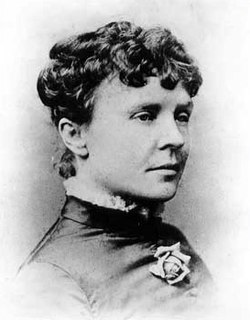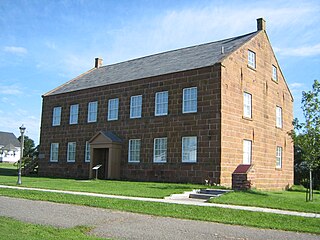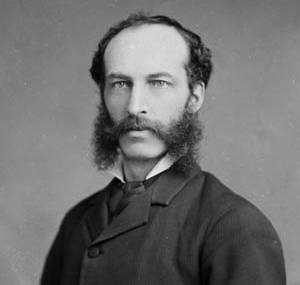Valentin Landry | |
|---|---|
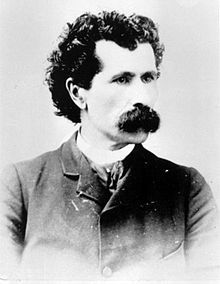 | |
| Born | February 14, 1844 Pokemouche, New Brunswick |
| Died | May 17, 1919 (aged 75) Moncton, New Brunswick |
| Nationality | Canadian |
| Occupation | school inspector, journalist |
Valentin Landry (February 14, 1844 – May 17, 1919) was a Canadian educator and journalist of Acadian descent. His name also appears as Valentin Augustus Landry and Valentin-A. Landry.
The son of Joseph-Auguste Landry and Olive Robichaud, he was born in Pokemouche, New Brunswick and was educated there and in Shediac and at Westmorland Grammar School, where he received a commercial studies diploma, and later continued his education at St. Joseph's College. He taught school in Weymouth and then earned his teacher's certificate from the normal school in Truro. [1]

Pokemouche is a Canadian local service district in Gloucester County, in the northeast of New Brunswick, in the Acadian peninsula.

Shediac is a Canadian town in Westmorland County, New Brunswick. The town is known as the "Lobster Capital of the World" and hosts an annual festival every July which promotes its ties to lobster fishing. At the western entrance to the town is a 90-tonne sculpture called The World's Largest Lobster.

The University of St. Joseph's College was a university in Memramcook, New Brunswick that closed in 1966, when it amalgamated with two other colleges to form the Université de Moncton.
Landry's great great grandfather Alexis Landry helped found Caraquet, New Brunswick. [1]
Alexis Landry was an Acadian merchant who helped establish the town of Caraquet.

Caraquet is a town in Gloucester County, New Brunswick, Canada.
In 1870, Landry married Mary Lavinia Beckwith, also a teacher. The couple then taught school in Beaver River, Weymouth and Plympton. Landry ran for the Digby County seat in the provincial assembly in 1878 as a Liberal but withdrew to join the preparatory division of the normal school at Fredericton. From 1879 to 1886, he was a school inspector for, the first Acadian to hold such a post. [1]

Fredericton is the capital of the Canadian province of New Brunswick. The city is situated in the west-central portion of the province along the Saint John River, which flows west to east as it bisects the city. The river is the dominant natural feature of the area. One of the main urban centres in New Brunswick, the city had a population of 56,224 in the 2011 census. It is the third-largest city in the province after Moncton and Saint John.
In 1885, Landry helped found the newspaper Courrier des provinces Maritimes in Bathurst and served on its board of directors until 1887. In 1886, he moved to Digby, where he founded L'Évangéline ; he moved the newspaper to Weymouth in 1889. In the same year, he established an English-language newspaper the Free Press with his wife. Landry moved L’Évangéline to New Brunswick in 1905. In 1910, to ensure the continued operation of the newspaper after attracting the opposition of the Catholic Church, he transferred its ownership to a separate company and relinquished the position of editor. The paper continued to operate until 1982. [1]

Digby is a town in southwestern Nova Scotia, Canada. It is the administrative centre and largest population centre in Digby County. The town is situated on the western shore of the Annapolis Basin near the entrance to Digby Gut, which connects the basin to the Bay of Fundy.
Letters written by Émilie Leblanc under the name Marichette were published in Landry's newspaper until 1898 although, in April 1895, he expressed his opposition to providing a platform for women's views because he was opposed to women's suffrage. [1]
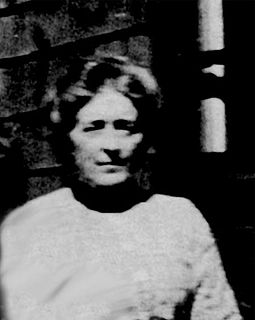
Émilie Leblanc was a Canadian educator and Acadian activist.
Landry also played an active role at several Conventions Nationale des Acadiens. [1]
His first wife died in 1910; he married her niece Mary U. Beckwith in 1913. Landry later died in Moncton at the age of 75. [1]






